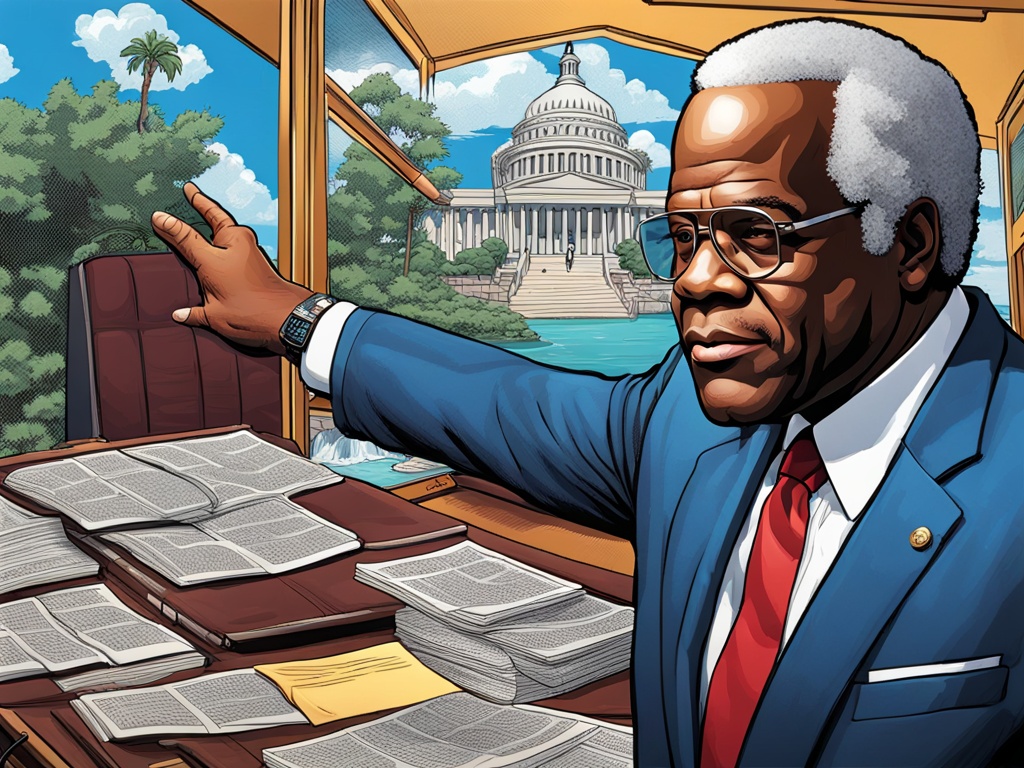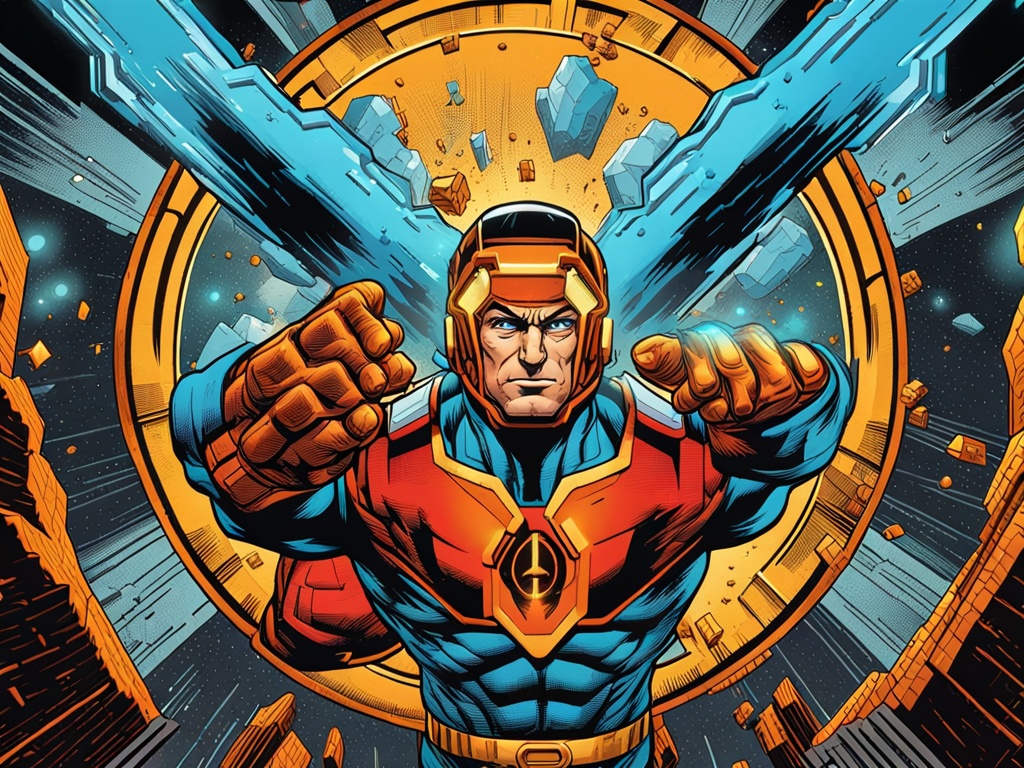Investigation Reveals New Insights into Supreme Court Ethics
A thorough probe conducted by Democratic senators into Supreme Court ethics has uncovered additional instances of luxury travel by Justice Clarence Thomas. This investigation brings to light ongoing concerns about the ethical standards of the nation’s highest court and suggests the need for a formalized code of conduct that Congress should enforce.
Political Context and Challenges
As Republicans gear up to take control of the Senate in January, any signs of progress regarding these ethical concerns appear dim. This shift emphasizes the difficulties in placing restrictions on a separate branch of government, especially amid decreasing public confidence in the judicial system.
Findings from the Investigation 📜
The Senate Judiciary Committee released a comprehensive 93-page report detailing various undisclosed luxurious trips taken by Justice Thomas in 2021. These journeys included:
- A private jet journey to the Adirondacks in July.
- A combined jet and yacht excursion to New York City in October, sponsored by billionaire Harlan Crow.
The committee described these trips as part of a broader trend of luxurious gifts and hospitality received by Thomas over the years. The number of instances where he did not report such travel appears to exceed two dozen.
Current Ethical Standards and Response
The Supreme Court introduced its first code of ethics in 2023. However, adherence to this code is left to the discretion of each justice. Senator Dick Durbin, the committee chairman, voiced concern, stating, “The highest court in the land can’t have the lowest ethical standards.” He has consistently advocated for an enforceable ethical framework.
Republican Opposition 🛑
Republican members of the committee expressed dissent regarding the investigation, particularly aimed at Crow, whose cooperation was voluntary. They did not endorse the report’s findings nor submit an alternative document. Crow defended Thomas and his wife, Ginni, characterizing the scrutiny they faced as unjust. He regarded them as honorable individuals seeking public service.
Defense by Close Associates
Attorney Mark Paoletta, a longtime ally of Thomas, suggested that the investigation primarily targets conservative justices whose rulings do not align with Democratic views. He argued that the inquiry is less about ethical violations and more an effort to discredit the Supreme Court’s authority.
Disclosures and Reactions 🎭
Justice Thomas has claimed he was not obligated to disclose his travels with Crow, given their close friendship. However, following the establishment of the new ethics code, he retroactively reported some of his previous trips. The report indicates that Thomas has accepted over $4.75 million worth of gifts and trips from affluent benefactors since 1991, much of which went unreported prior to the new code.
Additional Cases and Other Justices
The investigation also highlighted a lavish trip taken by Justice Samuel Alito to Alaska in 2008, which he deemed exempt from disclosure due to earlier ethical regulations. Furthermore, Alito faced scrutiny for not recusing himself from specific cases involving Donald Trump or the January 6 Capitol incident, when flags related to the riot were observed at his residences, although he attributed that to his wife’s actions.
Calls for Greater Accountability 📣
Justice Thomas, similarly, has not heeded calls to withdraw from cases linked to Trump, notably given Ginni Thomas’s involvement in challenging the 2020 election results. Additionally, the inquiry shed light on Justice Sonia Sotomayor, who, with the assistance of her staff, has been engaged in book sales through academic visits. Some justices have also presided over cases involving their own publishers or firms connected to their assets.
Broader Implications and Future Directions
President Biden has prominently called for a binding code of conduct, and Justice Elena Kagan has shown support for implementing an enforcement mechanism, notwithstanding the legal complexities that may arise. Recently, Justice Neil Gorsuch referenced the ethics code in his decision to recuse himself from an environmental case to avoid potential conflicts of interest.
Next Steps in Oversight 🏛️
The report recommends reforms in the Judicial Conference, which is responsible for overseeing federal courts, and encourages further inquiries by Congress. This could represent a pivotal moment in shaping the ethical framework governing the Supreme Court’s actions.





 By
By
 By
By
 By
By

 By
By